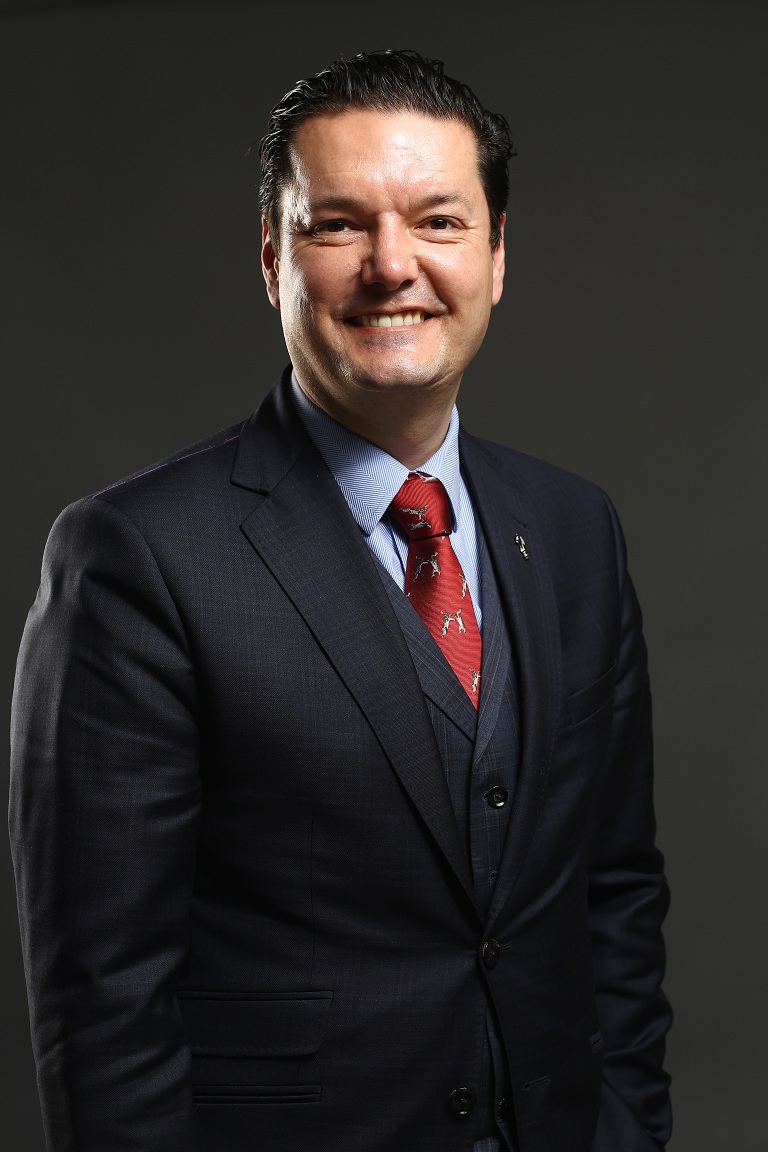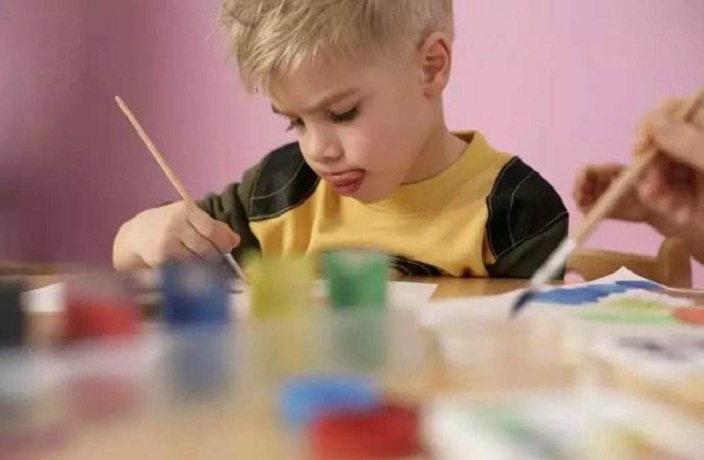For many years, Early Childhood Education was regarded simply as ‘a phase’, a filler when young children get ready for the next-step of elementary schools. However, during recent years, people have started to notice a change–day care and kindergarten fees soaring sky-high; 6 year olds owning mobile devices; and parents trying to enrol their children in ‘good’ kindergartens years early–this ‘just a phase’ perception is gradually self-debunking.
The changes that have occurred within the realm of Early Childhood Education (ECE) in recent decades are hard to ignore, and they have certainly sparked conversation among sociologists, educational experts and last but maybe most importantly, parents. 'How do we raise a well-adjusted and happy child in today’s world from the outset?' 'Why does raising a child costs so much?' 'Are these changes merely new wine in an old bottle?'
 With these questions in mind, we talk to Ian Thurston-Barnes, principal at the Little Urban Centre Preschool in Shanghai.
With these questions in mind, we talk to Ian Thurston-Barnes, principal at the Little Urban Centre Preschool in Shanghai.
Why is academic performance no longer a major focus in Early Childhood Education?
The focus in the Early Years should always be about what is best for the children. The three prime areas for young children to develop, in order to ensure they are ready to succeed at Primary School, are: physical; personal, social and emotional development (PSED); communication and language. These areas are the most important because they enable children to be successful in all curriculum areas. If children cannot listen carefully, understand and make comments, they will not be able to succeed in traditional subjects. Similarly, if a child is not physically able, or emotionally secure, then this will have a negative impact on all learning areas.
Nevertheless, a comprehensive Early Years curriculum will use subjects like Science, English, Chinese and Math, in order to develop the children’s prime areas. Thus, teachers may also focus on ‘managing our feelings’ during a story discussion in English literacy. Each prime area mentioned previously can be developed through more traditional subjects. Therefore, the focus moves away from only worrying about the academic results and instead turns to developing the key foundations which will make children successful in the future. This means the children get the best of both worlds, enabling them to pass Primary School admissions tests and having a solid foundation in the prime areas.
What are the significances of individuality development in children at a young age?
Individuality development is not doing things alone. Rather this is part of their PSED. This gives children the confidence to be themselves and be happy with who they are, but still able to form strong friendships, behave in a socially appropriate manner and accept that everyone is different. We know that we all have our own strengths and interests; the key thing is to be confident in who we are so that we have a positive outlook on life and are happy.
How can teachers cultivate individuality in busy classrooms?
This is about cultivating their sense of themselves, their interests and how to be a happy member of the group. Focussing on PSED is key, as is having a variety of activity options available to the children, so that they can self-select according to their interests and goals. Opportunities for creative learning and play will allow the children to personalize things further.
Parents’ expectation can greatly influence their children’s individuality development. How can parents help foster their child’s individuality instead of imposing the idea of who they are expected to be?
Ensure your child feels loved and give them support. Build them up as individuals, give them confidence and guidance in many situations. Encourage them to be independent by doing jobs for themselves, allow them to develop their interests and provide opportunities to build friendships. Do not focus on negative points. A child who does well in everything except Math should be praised for how well they are doing, with lots of positive reinforcement. Don’t focus on why they aren’t good at certain things. In this specific case, remain positive, then, if the teachers recommend it, other strategies for improving their Math can be undertaken.
Young children are highly susceptible to peer pressure as they haven’t formed a strong psychological independence. Will the development of individuality yield to peer pressure?
This is related to their character development. Children who are confident will partake in activities that they wouldn’t choose independently; this is about sharing, making friends, compromising and being happy. Important life skills. If children have the confidence to say ‘no’ when their peers are trying to get them to do something negative, they are on the right track.
Will encouraging individuality in children facilitate narcissism?
Being an individual is not about being a loner, or being selfish, or self-obsessed, it is about being confident in who you are so that you can live a happy, contented life. Key to this is forming relationships with others and this cannot happen if you are only concerned about yourself.


















